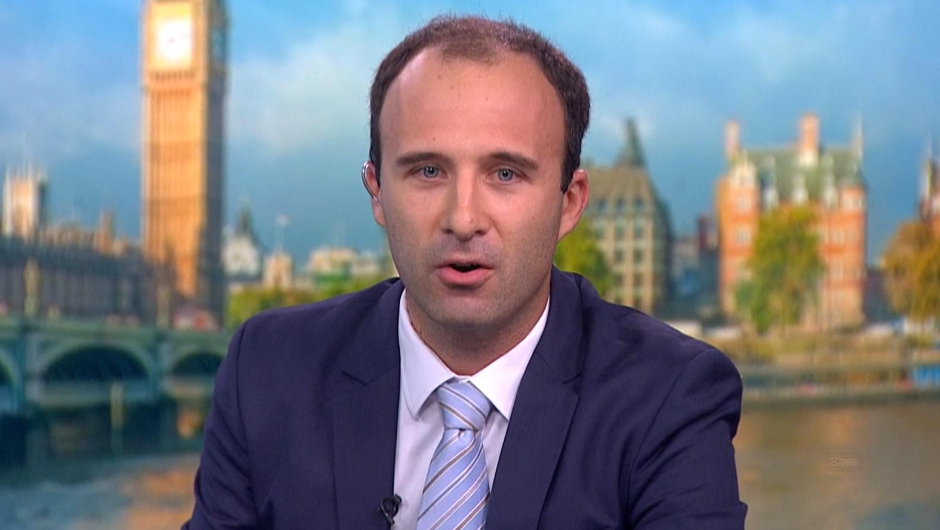Deutsche Bank: Investors sell American assets, dollar gets weaker

JAKARTA – Deutsche Bank has reported a sharp decline in foreign investment flows into US assets in recent months.
Research led by George Saravelos, Head of Foreign Exchange Strategy at Deutsche Bank, indicates that since the announcement of President Donald Trump’s tariff policy in early April, foreign investors have significantly reduced their holdings in US stocks and bonds.
In its analysis, Deutsche Bank monitored daily fund flows into approximately 400 US-based Exchange Traded Funds (ETFs) located overseas, as well as weekly data from a broader range of investment funds. The findings revealed a “sharp halt” in the purchase of US assets, even after a slight market recovery over the past week.
ETFs, or exchange-traded funds, are investment products similar to mutual funds but traded like stocks on stock exchanges. ETFs consist of a basket of assets, such as stocks, bonds, or commodities, designed to track the performance of an index.
According to Saravelos, the data signals two concerning possibilities: a sharp slowdown in capital inflows to the US or even continued active disinvestment. Both scenarios could weaken the US dollar, which is already burdened by twin deficits—trade and budget deficits.
Historically, the US market has been a magnet for global investors, with European ownership of US assets rising from approximately 5% in 2010 to 20% in 2024, and Japanese ownership doubling to 16%, according to Deutsche Bank estimates.
However, the value of the dollar and US asset prices began to decline simultaneously after the tariff policy was announced. Aggressive selling has continued, particularly in bonds, based on data from EPFR, which tracks fund flows across various global investment funds.
In its latest report, Deutsche Bank revised its US dollar exchange rate forecast, predicting it will weaken against the euro to $1.30 and against the yen to 115 by 2027, compared to approximately $1.14 and 142 yen currently. This marks a shift in Saravelos’ stance, as he previously supported a strong dollar but now expresses concern over the negative impact of Trump’s economic policies on the dollar’s status as the world’s reserve currency. (EF/LM)